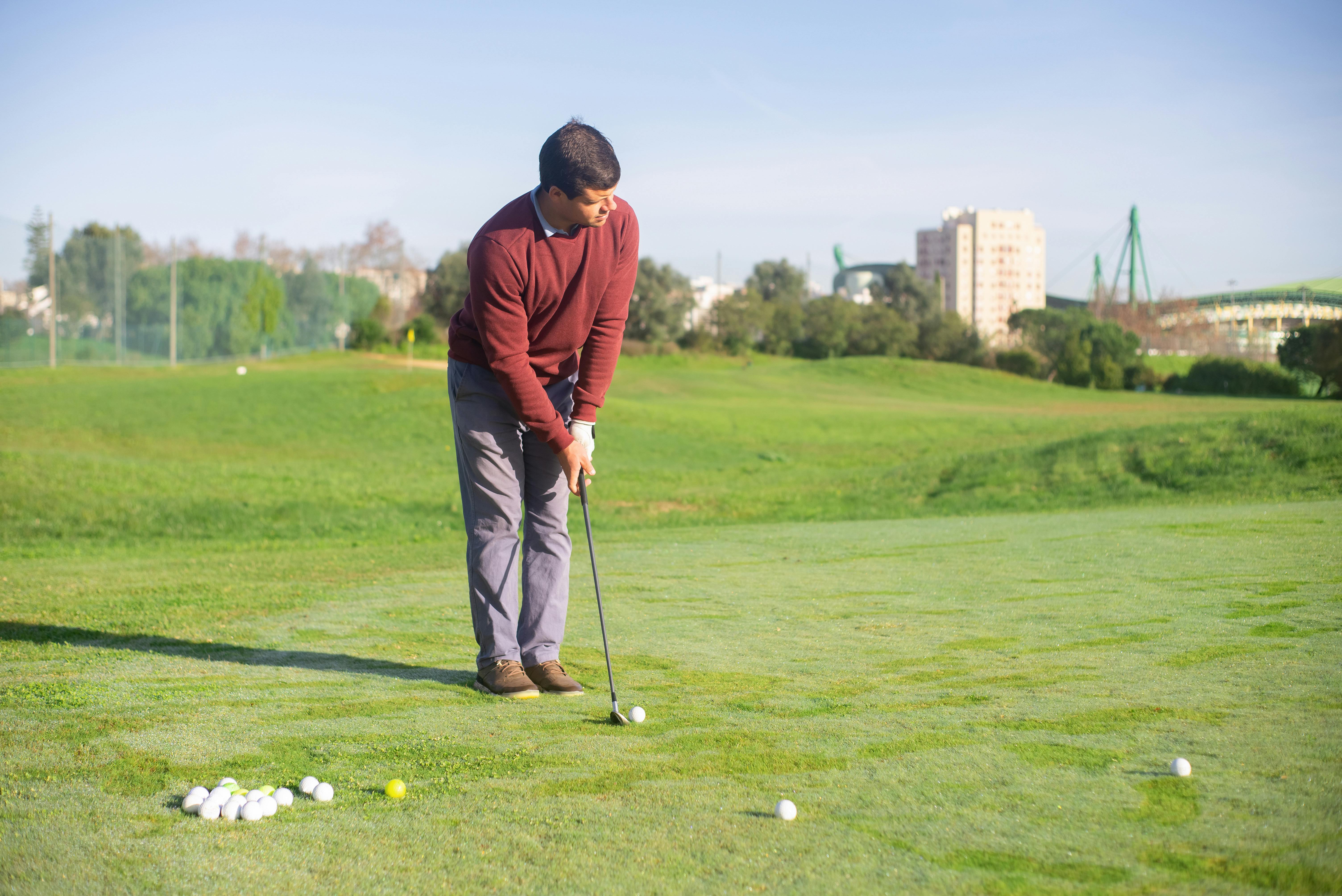
Rental of stages for events – Aspects to take into account – The weather
Stage rental for any type of event is one of the most important areas to get right. If you’re planning an outdoor event, you’ll need to consider how the weather will affect your staging requirements. For example, is it likely to rain on the day of your event? If so, you’ll need to think about keeping the speaker, band or singer dry, not to mention all the expensive lighting and sound equipment that will be on stage.
You should also consider whether the day is likely to be very sunny – to get the best of the stage ceiling, you should make it as dark as possible so you can see any lighting or video screens that have been set up, and try not to point your stage into the sunlight when the sun is setting – the audience won’t be able to see a thing! Having a large roof cover on your stage will help protect the performers from the sun, or any other extreme weather.
In addition to covering the performance areas themselves, you should consider some covered areas behind the stage and on the sides of the stage; the stage management team can use them to store backline, sound, lighting and video equipment.
One of the biggest considerations when booking any festival or concert venue is what effect the wind will have on the event. Wind speed and direction are critical when planning your event. Stage location should be carefully planned, taking into account prevailing wind direction, stage location, and ensuring that open stage faces are not open to the direction the wind will blow; this can make things difficult. very difficult if the wind speed increases.
Careful on-site management should be made to measure wind direction and speed using wind speed measurement equipment such as an anemometer. This will help event organizers know what the wind speed is at all times so that decisions can be made on whether an event should be postponed or canceled when the wind speed is too high.
When you’re planning your event site, talk to one of our setup consultants to help you get your stage in the best position possible. Wind direction can also have an effect on how sound travels from your stage and can affect nearby residents.
A final consideration is lightning: If lightning is likely, you must ensure that all stage and staging equipment is grounded to generators and the ground and complies with local regulations.